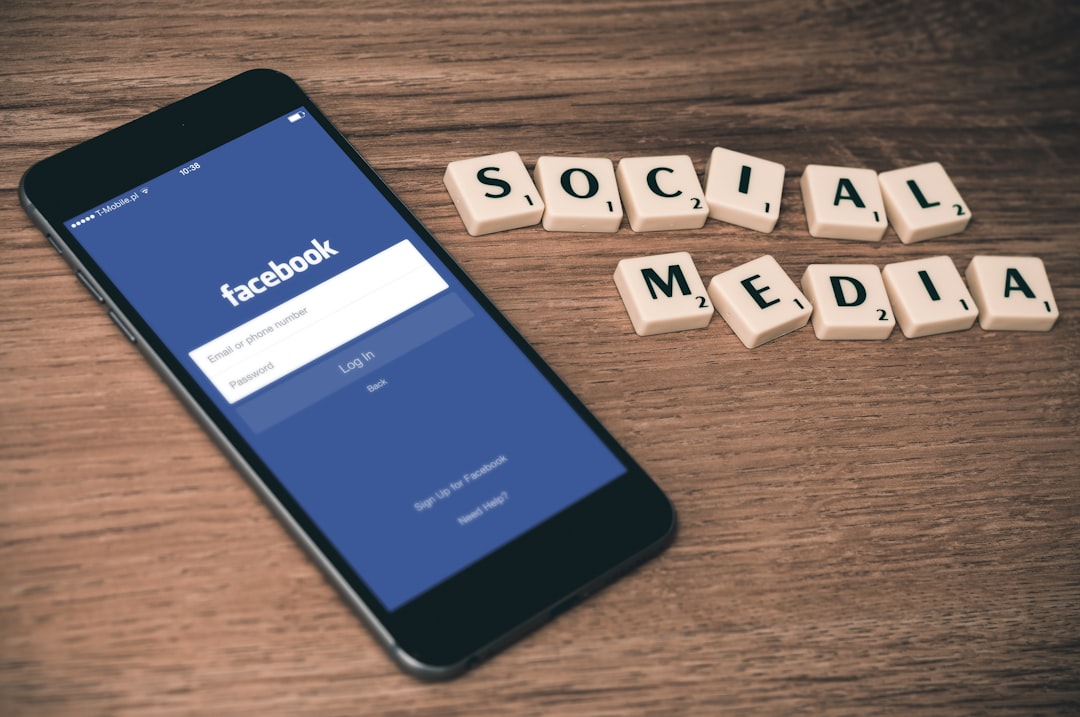
Mastering ChatGPT Prompts for Marketing Success
Understanding the Power of ChatGPT for Marketing
In today’s digital age, marketing strategies are continuously evolving to keep up with consumer demands and expectations. One of the latest advancements in marketing technology is the use of ChatGPT, an AI-powered chatbot that can engage with customers in a conversational manner. This technology has revolutionized the way businesses interact with their target audience, making it a valuable tool for marketers.
Enhancing Customer Engagement with ChatGPT
Customer engagement is a crucial aspect of any marketing strategy. With ChatGPT, businesses can create interactive and personalized experiences for their customers. By leveraging AI algorithms and natural language processing (NLP), ChatGPT can understand and respond to customer queries and concerns in a timely and efficient manner.
Through its conversational capabilities, ChatGPT can engage customers in meaningful conversations, driving brand loyalty and customer satisfaction. By providing quick and accurate responses, ChatGPT helps businesses establish a strong connection with their audience, resulting in increased engagement and ultimately, higher conversion rates.
Personalized Marketing at Scale
Personalization is key to successful marketing campaigns, as it allows businesses to tailor their messages to individual customers’ needs and preferences. ChatGPT can play a significant role in delivering personalized marketing at scale. By analyzing customer data and using machine learning algorithms, ChatGPT can provide personalized recommendations, offers, and content based on customers’ past interactions and behaviors.
For instance, ChatGPT can suggest products or services based on a customer’s browsing history or previous purchases. This level of personalization not only enhances the customer experience but also increases the likelihood of conversion, as customers feel understood and valued by the brand.
Automating Marketing Processes with ChatGPT
Marketing automation has become increasingly popular among businesses looking to streamline their processes and increase efficiency. ChatGPT can be integrated into marketing automation systems, allowing businesses to automate various marketing tasks.
By leveraging ChatGPT, businesses can automate lead generation, lead nurturing, and even parts of the sales funnel optimization process. ChatGPT can handle repetitive tasks, such as qualifying leads or sending personalized follow-up emails, freeing up marketers’ time to focus on more strategic initiatives.
Leveraging ChatGPT for Customer Segmentation and Analytics
Understanding customer behavior and preferences is essential for effective marketing campaigns. ChatGPT can assist in customer segmentation and analytics by collecting and analyzing data from customer interactions.
For example, ChatGPT can categorize customer inquiries based on their intent, allowing businesses to identify patterns and trends. This information can then be used to create targeted marketing campaigns that resonate with specific customer segments. Additionally, ChatGPT can provide valuable insights into customer sentiment through sentiment analysis, helping businesses gauge customer satisfaction and make data-driven decisions.
Creating Successful Chatbot Marketing Campaigns
ChatGPT can be a game-changer when it comes to executing successful marketing campaigns. Here are some strategies to maximize the potential of ChatGPT in your marketing efforts:
-
Define clear objectives: Before implementing ChatGPT, clearly define your marketing objectives. Whether it’s increasing customer engagement, driving conversions, or improving customer support, having a clear goal will help you design the right interactions and measure success.
-
Develop a conversational tone: ChatGPT is designed to simulate human conversations, so it’s important to develop a conversational tone for your chatbot. Use friendly and approachable language that aligns with your brand’s voice.
-
Train ChatGPT with relevant data: To ensure accurate and relevant responses, train ChatGPT with a diverse range of data. Include customer FAQs, product information, and any other relevant content that will help ChatGPT understand and respond to customer queries effectively.
-
Continuously optimize and update: ChatGPT is a learning system, so it’s essential to continuously optimize and update its responses based on customer feedback and evolving trends. Regularly review and refine your chatbot’s conversational flow to enhance user experience.
-
Integrate with marketing automation tools: To maximize efficiency, integrate ChatGPT with your existing marketing automation tools. This integration will enable seamless data exchange and automation of marketing processes, improving overall productivity.
Measuring Success with ChatGPT Marketing
Measuring the success of your ChatGPT marketing efforts is crucial to understanding its impact and making data-driven decisions for future campaigns. Here are some key metrics to consider:
-
Engagement rate: Measure the percentage of interactions where customers actively engage with ChatGPT. This metric indicates the effectiveness of your chatbot in capturing customers’ attention.
-
Conversion rate: Track the percentage of interactions that result in a desired action, such as a purchase or sign-up. This metric helps gauge the effectiveness of ChatGPT in driving conversions.
-
Customer satisfaction: Monitor customer feedback and satisfaction ratings to assess how well ChatGPT meets customers’ needs and expectations. This metric provides insights into the overall customer experience.
-
Response time: Analyze the average response time of ChatGPT to measure its efficiency in handling customer queries. Faster response times typically result in higher customer satisfaction.
-
Retention rate: Measure the percentage of customers who continue to engage with your brand after interacting with ChatGPT. A high retention rate indicates that ChatGPT is successfully building long-term customer relationships.
By regularly monitoring these metrics and making data-driven optimizations, you can ensure the success of your ChatGPT marketing campaigns and drive tangible results for your business.
Conclusion
ChatGPT has transformed the way businesses approach marketing by providing an interactive and personalized experience for customers. Whether it’s enhancing customer engagement, automating marketing processes, or delivering personalized recommendations, ChatGPT offers a range of benefits for marketers.
By leveraging the power of AI and NLP, businesses can create successful chatbot marketing campaigns that drive customer satisfaction, increase conversions, and improve overall marketing efficiency. With the right strategies, continuous optimization, and careful measurement of key metrics, ChatGPT can become an invaluable tool in your marketing arsenal.
So, embrace the power of ChatGPT and unlock its potential to take your marketing efforts to new heights. Start experimenting with this technology today and stay ahead in the ever-evolving world of digital marketing.